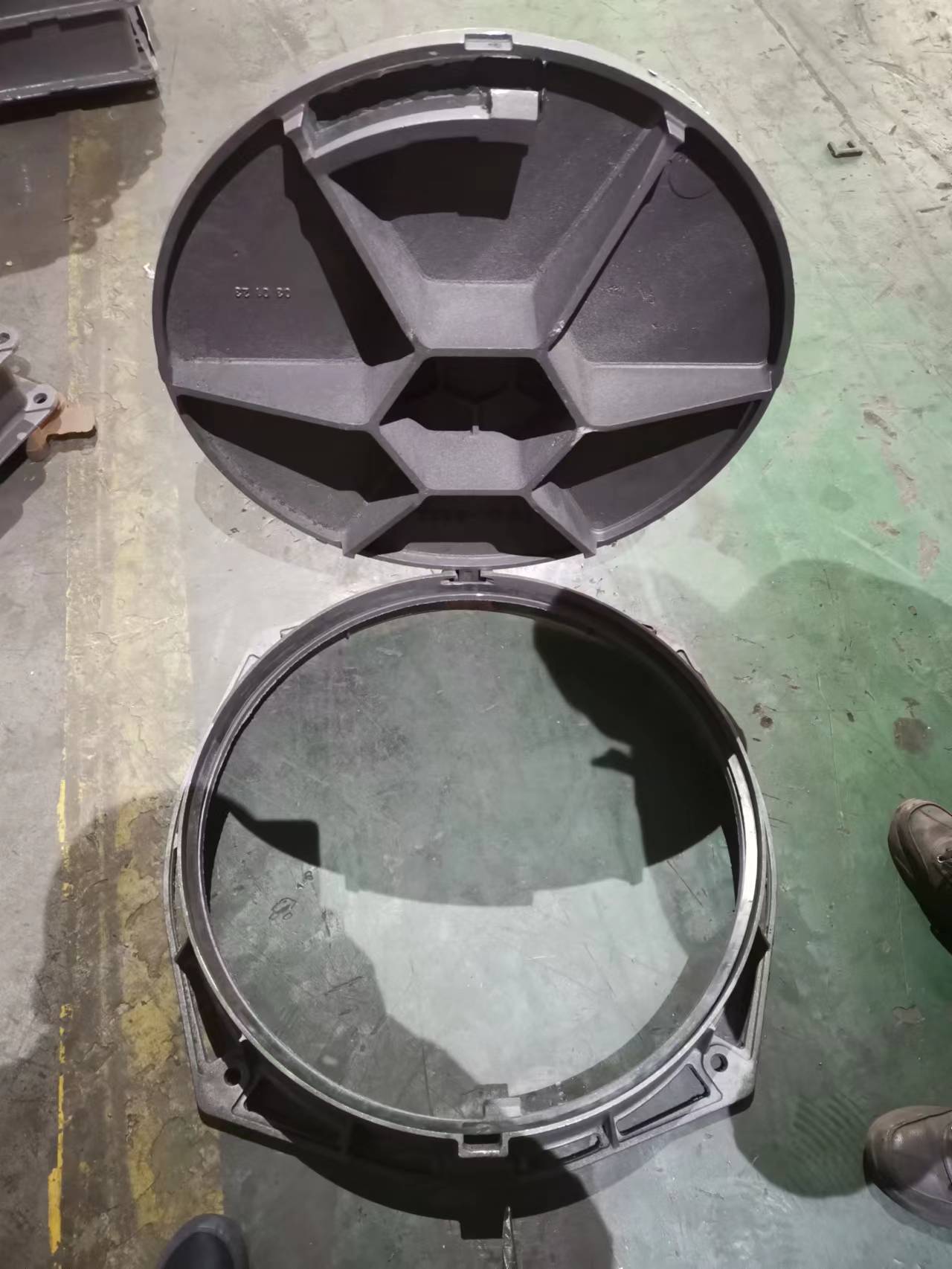brass gate valve
Understanding Brass Gate Valves Applications, Advantages, and Usage
Brass gate valves are essential components in various piping systems, primarily used to regulate and control the flow of liquids and gases. Known for their durability and reliability, these valves have become a popular choice in many industries, including water supply, oil and gas, and HVAC (heating, ventilation, and air conditioning). This article explores the features, advantages, and typical applications of brass gate valves, providing valuable insights for professionals and enthusiasts alike.
What is a Brass Gate Valve?
A gate valve is a type of valve that opens by lifting a gate or wedge out of the path of the fluid. Brass, an alloy of copper and zinc, is widely used in the construction of these valves due to its excellent corrosion resistance and overall strength. The design of a brass gate valve allows for minimal resistance to fluid flow when fully opened, making it an efficient choice for applications that require a straight-through flow.
Key Features
1. Material Properties Brass offers outstanding resistance to corrosion and rust, making it suitable for a variety of environments. The material's thermal conductivity also helps in applications where temperature variations are involved.
2. Design Versatility Brass gate valves are available in various sizes and designs, including rising and non-rising stem types, which can accommodate diverse installation requirements.
3. Sealing Mechanism These valves are equipped with a robust sealing mechanism that ensures leak-tight performance when closed, preventing any unintended fluid loss.
4. Flow Control Brass gate valves are designed primarily for on/off control rather than throttling, making them ideal for pipelines that require full flow without obstruction.
Advantages of Brass Gate Valves
brass gate valve

1. Durability The strength of brass ensures a long service life even under high-pressure conditions. This durability leads to reduced maintenance costs and fewer replacements.
2. Thermal and Chemical Resistance Brass gate valves can handle a wide range of temperatures and are resistant to many chemicals, making them suitable for both potable water and industrial applications.
3. Easy Operation These valves feature a simple mechanism that can be operated manually or automatically, allowing for convenient flow control.
4. Cost-Effective While there are more expensive valve materials available, brass offers a balance of quality and affordability, making it a practical choice for many applications.
Applications
Brass gate valves are commonly used in
- Water Distribution These valves are standard in municipal water supply systems to manage flow and pressure. - Oil and Gas Industry Used in pipelines to control the flow of crude oil and natural gas, ensuring safety and efficient operation. - HVAC Systems Integral in heating and cooling systems, brass gate valves help regulate water flow in heating applications and maintain efficient operation.
Conclusion
In summary, brass gate valves are indispensable components in numerous piping applications due to their durability, efficiency, and versatility. Understanding their properties and benefits allows engineers and technicians to make informed decisions when selecting valves for specific needs. As industries continue to evolve, the demand for reliable and effective flow control solutions like brass gate valves will remain essential. Whether used in residential systems or large industrial applications, these valves play a crucial role in the seamless operation of fluid transport systems.
-
The Smarter Choice for Pedestrian AreasNewsJun.30,2025
-
The Gold Standard in Round Drain CoversNewsJun.30,2025
-
The Gold Standard in Manhole Cover SystemsNewsJun.30,2025
-
Superior Drainage Solutions with Premium Gully GratesNewsJun.30,2025
-
Superior Drainage Solutions for Global InfrastructureNewsJun.30,2025
-
Square Manhole Solutions for Modern InfrastructureNewsJun.30,2025
-
Premium Manhole Covers for Modern InfrastructureNewsJun.30,2025
